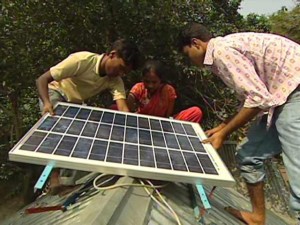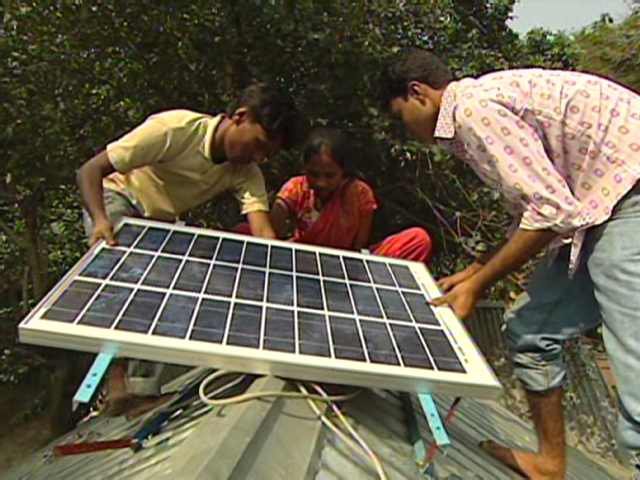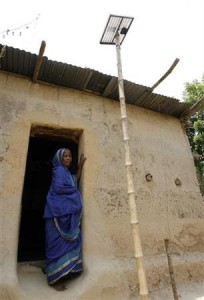DHAKA (Reuters) – Solar power is in place in nearly a million homes in rural Bangladesh, which is drastically short of electricity, the World Bank said on Monday.
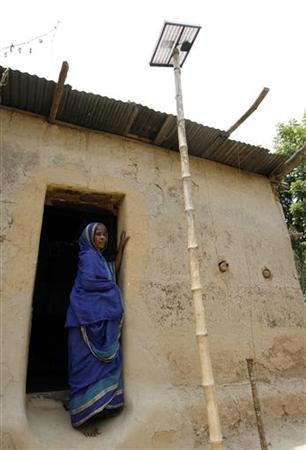
A woman stands in the doorway of her mud house next to a solar system panel near Patulia village in the Gazipur district north of capital Dhaka in this May 5, 2007 photo.
“More than 870,000 homes and shops in remote rural areas have installed solar home systems with support from the World Bank and other development partners,” the global lender said in a statement.
The World Bank had provided additional financing of $130 million in 2009 to support the government’s efforts to reach more households in rural areas with solar home systems.
“Access to electricity has many benefits including better quality of life, more time spent by children for study, and opportunities for new village enterprises.”
Barely 45 percent of Bangladesh’s 150 million people have access to power but they still face frequent power cuts that often trigger protest.
The impoverished country faces 2,000 megawatts of electricity shortages. In addition, population growth, increased industrialization, additional connections, and rise in the use of modern, electrical appliances have boosted demand for electricity, currently growing at a rate of over 500 MW a year.
Solar home systems have proven to be a viable option to provide electricity to villages the national grid cannot reach, the World Bank said.
Bangladesh aims to meet 10 percent of its total power demand from renewable energy sources by 2020. Renewable energy contributes less than 1 percent to overall power generation.
The government, facing growing public anger over power and utility shortage, says it is exploring various means, including nuclear power generation, to overcome the problem, which is one of the key constraints to growth and is considered as a big barrier to foreign investments.
(Reporting by Ruma Paul; Editing by Anis Ahmed)
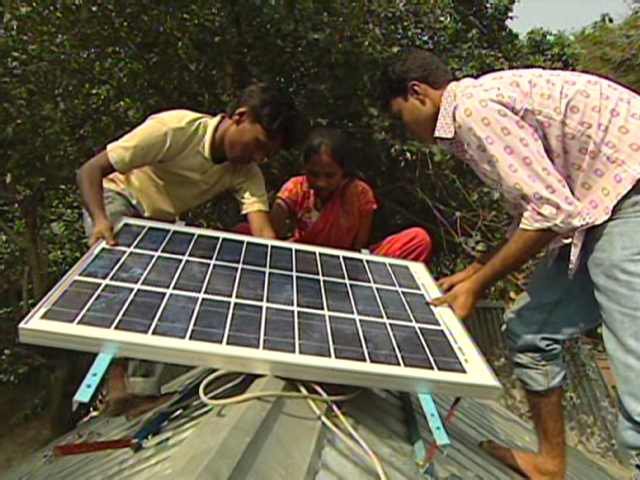
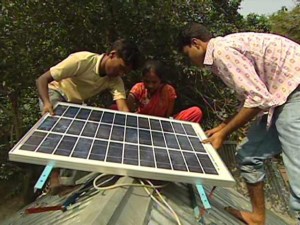
 Follow
Follow